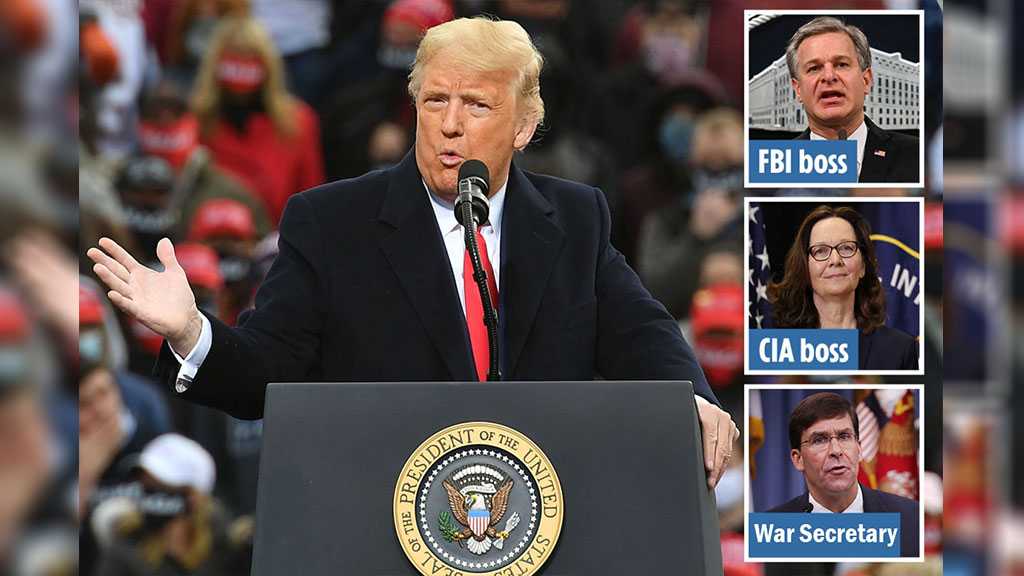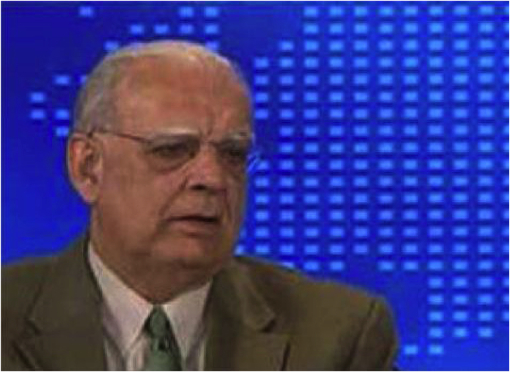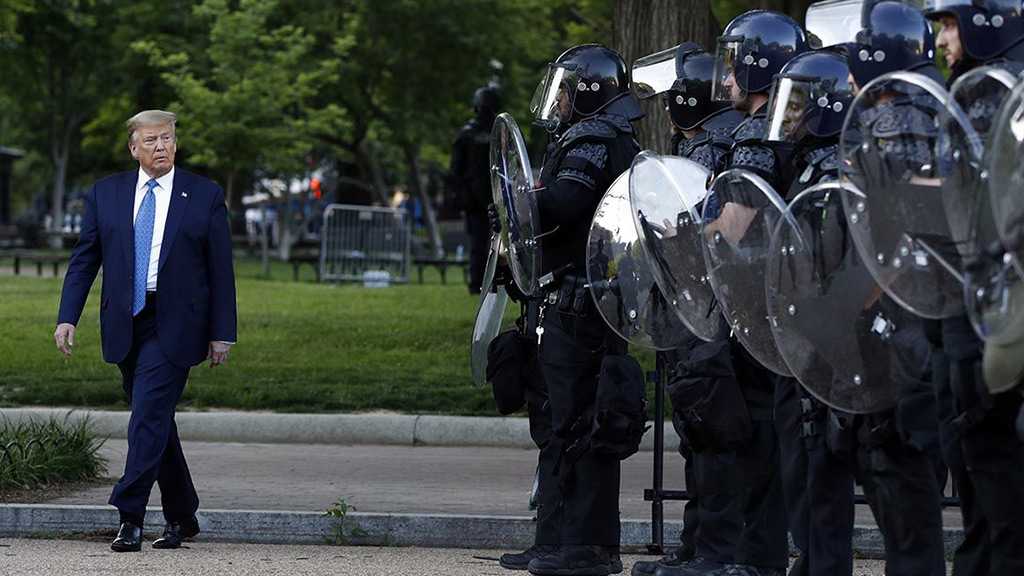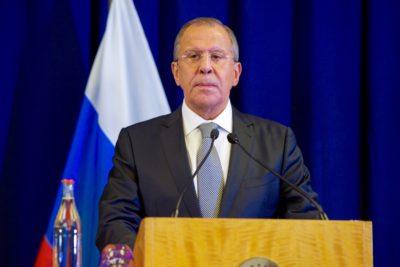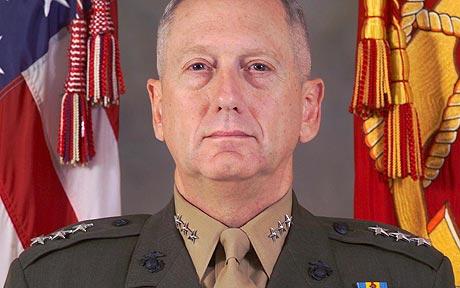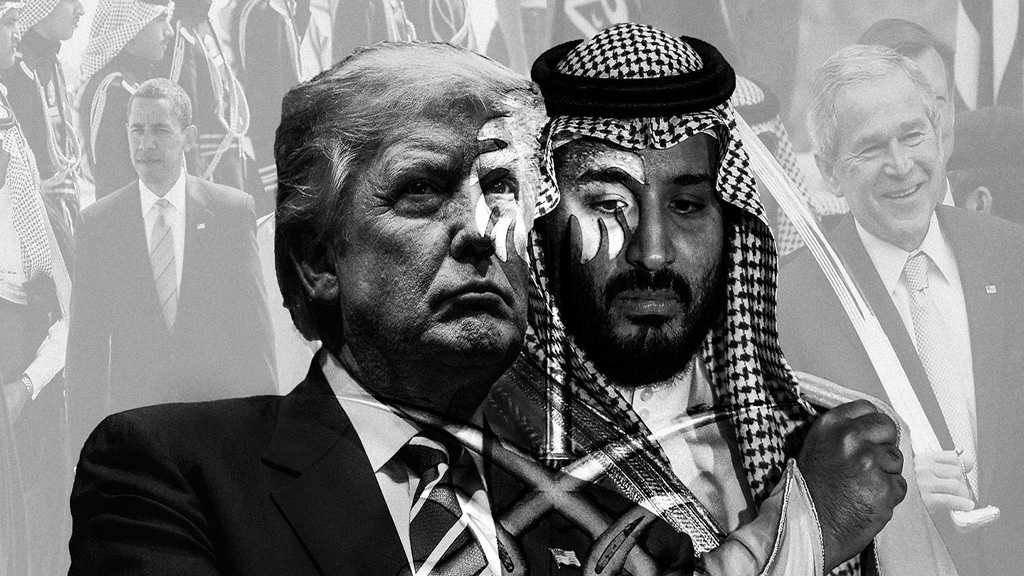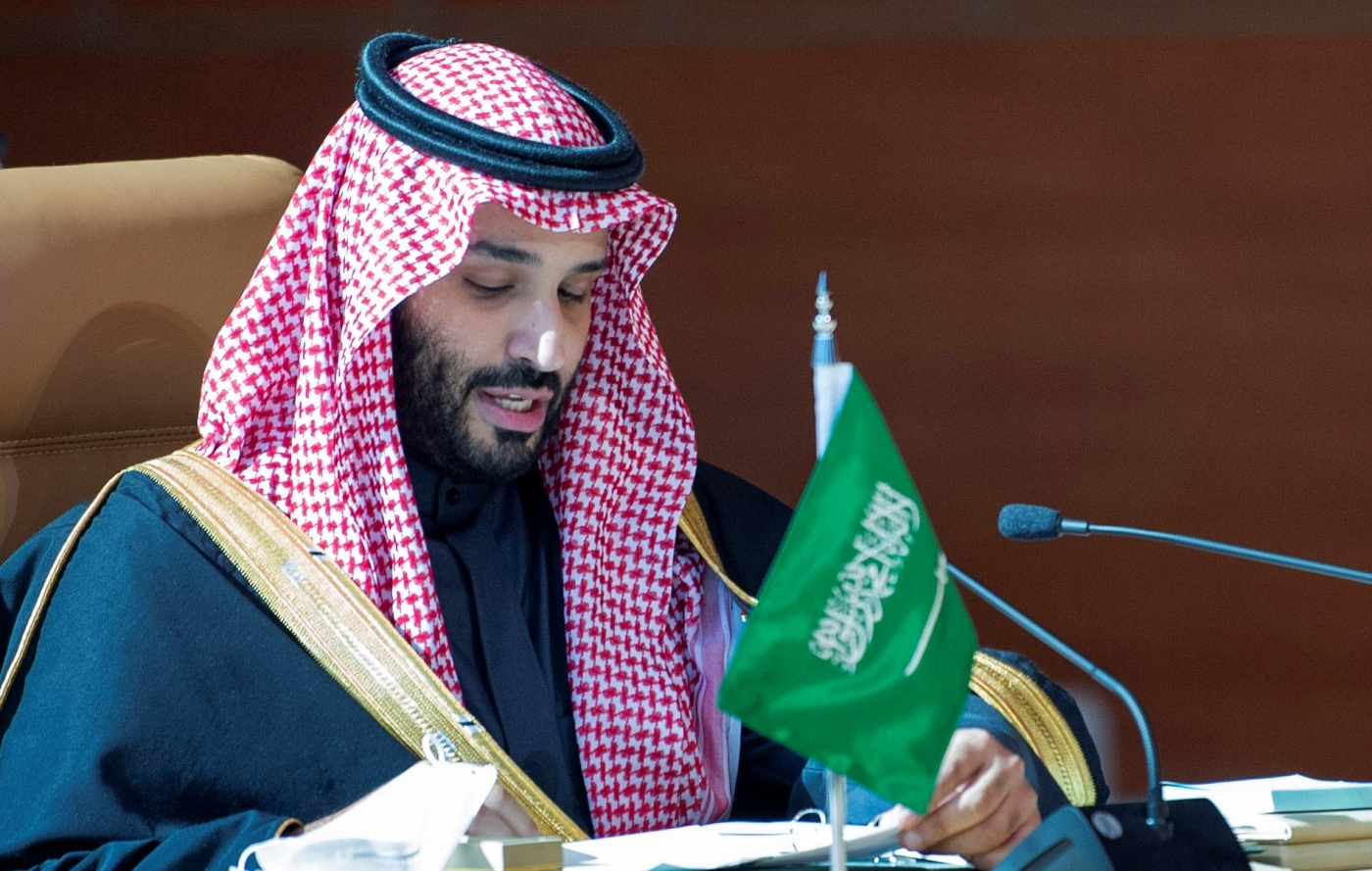

6 January 2021 17:22 UTC
Mohammed bin Salman could use the detente with Qatar to achieve two objectives: to announce his own recognition of Israel, and to persuade his father to abdicate the throne
It took Saudi Crown Prince Mohammed bin Salman three years and six months to come to the same conclusion that some of us reached days into the blockade of Qatar: that it was doomed to failure.
The project to silence the voice of an independent neighbour was doomed the moment that then-US defence secretary James Mattis and then-secretary of state Rex Tillerson, a former oilman with extensive links to Qatar, learned of plans to invade the peninsula and stopped them.
As the weeks passed, Qatar’s hand was only strengthened. Turkish troops arrived in Doha to form a physical buffer. Iran gave Qatar the use of its airspace. The blockade could never work with an air bridge established around Saudi Arabia.
If anything, this unpleasant shock has strengthened Qatar. The same goes for Turkish and Iranian foreign policy
It took only months for Qatar to assemble a major lobbying operation in Washington, undoing or rolling back the influence of the principal lobbyist for the Saudis, the Emirati ambassador Youssef al-Otaiba, and establishing solid support of its own. US President Donald Trump did not even acknowledge that Qatar hosted the Pentagon’s most important airbase in the region, Al Udeid, when he tweeted his approval of the blockade in 2017.
In the end, the Saudi prince overestimated Trump’s influence and underestimated the residual power of the US military. Both Tillerson and Mattis are long gone, but the pressure to reverse this mad act of recklessness never receded; it only grew with time.
With the imminent arrival of a hostile US president in Joe Biden, bin Salman sensed the time had come to put an end to his folly. Today, none of the 13 demands originally placed on Qatar by the blockading states have been met. Neither its hosting of members of the Muslim Brotherhood nor its foreign policy have changed. Al Jazeera has not been closed down. Qatar’s alliance with Iran and Turkey has, if anything, strengthened.
Domestically, Qatar’s emir, Sheikh Tamim bin Hamad Al Thani, is held in higher esteem for his defence of the state than he was before, as Qatari nationalism has mounted. Qatar is more self-sufficient and confident than it was before the blockade.
‘Qatar has won’
If anything, this unpleasant shock has strengthened Qatar. The same goes for Turkish and Iranian foreign policy.
“You could say Qatar has won,” Abdulkhaleq Abdulla, a professor of politics in Dubai who was one of the foremost defenders of the blockade three years ago, told the Financial Times. “The cost of fighting was too high – there is a realisation now that this is the black sheep of the family and we just have to put up with it. These have been the worst three-and-a-half years in the history of the GCC [Gulf Cooperation Council].”This GCC show of unity can’t hide its weakness
But these conclusions are, for the moment, bin Salman’s alone. It is interesting to note who was absent from the display of brotherly love at the GCC summit on Tuesday. The no-show by Abu Dhabi Crown Prince Mohammed bin Zayed came alongside the absence of Bahrain’s King Hamad and Egyptian President Abdel Fattah el-Sisi.
Bahrain is in the midst of an increasingly bitter border dispute with Qatar, and Egypt remains sceptical about the whole enterprise. Mada Masr quoted Egyptian government sources as saying that Cairo does not see a sufficiently strong foundation to open a new page in relations with Doha. Qatar, they claimed, was still mounting a “methodological campaign aimed at the Egyptian regime”.
The sources noted that none of the basic demands made of Qatar – closing down Al Jazeera, shuttering a Turkish military base, severing ties with the Muslim Brotherhood and reducing ties with Iran – had been met. It is too early to say whether this signals a fracturing of the counter-revolutionary forces that have held together since they paid for and installed Sisi as president of Egypt after a military coup in 2013.
Tensions over Yemen and Israel
Certainly, there are grounds for a bust-up between mentor bin Zayed and his protege, bin Salman. One is Yemen: who is really in charge of the Saudi-led intervention that bin Salman launched in March 2015 – the Saudis or the Emiratis? Militias funded by and loyal to the UAE have taken control of the south, leaving the Saudis with an unresolved war with the Houthis in the north.
A second source of tension is Israel. In spearheading normalisation with Israel, the Emiratis clearly pitched themselves as Tel Aviv’s principal Gulf partner. Otaiba’s boast that the UAE and Israel had the two most capable military forces in the region raised eyebrows in Riyadh and Cairo.

Writing the first-ever op-ed by a Gulf diplomat for an Israeli newspaper, Otaiba boasted before normalisation took place last year: “With the region’s two most capable militaries, common concerns about terrorism and aggression, and a deep and long relationship with the United States, the UAE and Israel could form closer and more effective security cooperation. As the two most advanced and diversified economies in the region, expanded business and financial ties could accelerate growth and stability across the Middle East.”
The Emirati claim to be the principal partner of Israel could cause problems for the future king of Saudi Arabia. Another notable absentee from the GCC summit was the country’s current king, Salman.
Kingdom split
Al Jazeera’s coverage of the tumultuous events shaking the Arab world has waxed and waned. Even before the blockade, it did not, for instance, devote the same attention to the murderous bombardment of Yemen by Saudi warplanes as it did to the Egyptian revolution in 2011.
While producers and reporters are freer to report than most of their contemporaries in the Saudi-, Emirati- and Egyptian-controlled media, the state of Qatar still has its hands on volume control. There are many examples, including the decision to downplay coverage of the trial of Loujain al-Hathloul, the prominent Saudi activist recently sentenced to five years and eight months in prison.
To deliver Saudi Arabia into the hands of Israel would represent a real prize to the alliance being built over and around the heads of Palestinians
Bin Salman could use this detente with Qatar to achieve two objectives: to announce his own recognition of Israel, and to persuade his father to abdicate and pass the crown to him.
There is no doubt that bin Salman thinks it is time to do both. From the very start of his campaign to become king, establishing close clandestine relations with Israeli Prime Minister Benjamin Netanyahu has been key to bin Salman’s relationship with US presidential adviser Jared Kushner and his father-in-law, Trump.
The kingdom is split from top to bottom on the issue of normalisation with Israel. Foreign-policy heavyweights in the family still publicly voice opposition, notably the former Saudi intelligence chief, Prince Turki al-Faisal. The king himself, to whom Prince Turki remains close, is also opposed, and the issue will have a strong impact on the Saudi people.
Future turmoil
One first step towards resolving this is to neutralise or turn down the volume of the Arab media that could run against bin Salman. This mainly comes from Qatar, which might explain why Kushner himself was present at the GCC summit.
For all the pain involved, the prize is great – and Biden, a committed Zionist, would welcome it. To deliver Saudi Arabia into the hands of Israel would represent a real prize to the alliance being built over and around the heads of Palestinians. Saudi Arabia remains, by dint of its size and wealth, a “real” Arab nation.
While the resolution of the crisis with Qatar is to be welcomed, the motives for doing so could lead to yet more turmoil in Arab world.
The views expressed in this article belong to the author and do not necessarily reflect the editorial policy of Middle East Eye.
This GCC show of unity can’t hide its weakness
This article is available in French on Middle East Eye French edition.
Filed under: Bahrain, Gulf Cooperation Council (GCC), House of Saud, Qatar, The Islamic Republic of Iran, Turkey, United Arab Emirates UAE, Yemen | Tagged: Al-Jazeera, American "Muslim" Brotherhood, Donald Trump, General Abdel-Fattah El-Sisi, King Salman, Kushner, Mattis, MBZ, Mohammed Bin Salman (MBS), Normalization with Israel, Rex Tillerson, The Zio-temporary entity, US President Joe Biden’s administration | Comments Off on The dark motives behind Saudi Arabia’s push for Gulf unity




